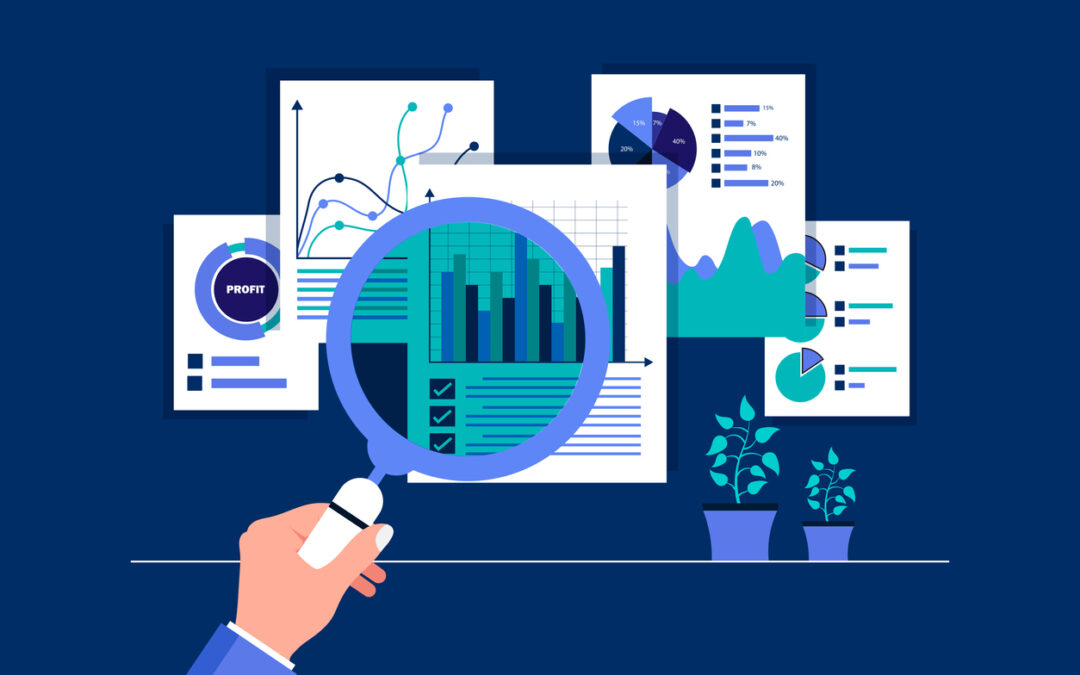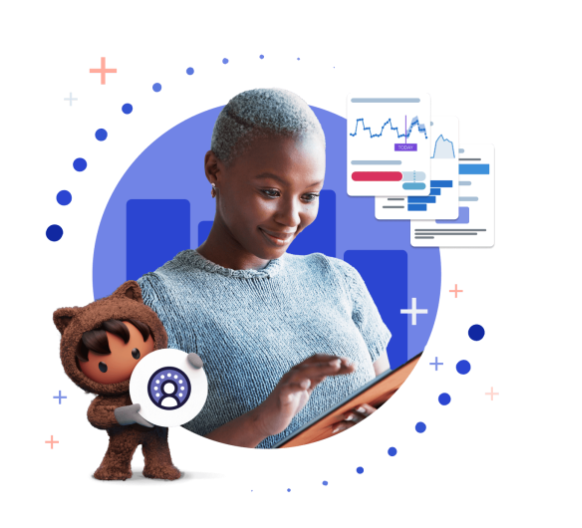In the dynamic digital era, Artificial Intelligence (AI) emerges as a transformative force, revolutionizing industries and redefining business operations. Yet, the efficacy of AI hinges on the quality and preparedness of its foundational data. As the CEO of Unify, my interactions with clients and partners have illuminated both the immense potential and challenges businesses face in the AI arena.
Salesforce, since its inception in 1999, has consistently championed innovation. In 2014, Marc Benioff, Salesforce’s CEO, envisioned an AI-first trajectory for the company, propelling Salesforce into the AI frontier. This vision was bolstered by strategic acquisitions like RelateIQ in 2014, enhancing Salesforce’s AI prowess.
For existing Salesforce customers, this evolution presents a golden opportunity to expedite their AI transformation. The benefits are manifold:
- Enhanced Automation: Tools like Salesforce Einstein 1 excel at automating tasks, from lead scoring to email personalization, boosting efficiency and productivity.
- Tailored Customer Interactions: AI’s analytical capabilities enable personalized customer experiences, deepening engagement and potentially amplifying sales.
- Informed Business Decisions: AI’s insights into customer data, market dynamics, and competitor strategies empower businesses to make data-driven decisions.
- Operational Excellence: AI’s predictive abilities ensure smoother operations, with features like predictive maintenance mitigating potential disruptions.
However, enthusiasm for AI’s promise should be tempered with a critical question: Is your data AI-ready?
The Foundation of AI: Data
Data is the lifeblood of AI. For AI to function effectively, it requires a rich, accurate, and relevant dataset. Consider data as the fuel propelling your AI engine; its quality determines the journey’s smoothness. When evaluating your data, ponder:
- Volume: Is there sufficient data to train the AI model?
- Historical Data: Can patterns and trends be discerned?
- Consistency: Is data capture standardized across the board?
- Variety: Does your data encompass both quantitative and qualitative variables?
- Detail: Is your data granular, capturing intricate details of customer interactions?
Data Quality: The Make or Break Factor
Subpar data quality can have dire consequences for any organization, leading to inaccurate predictions that can misguide decision-making and erode trust in AI-driven solutions. To maintain impeccable data quality, follow these steps:
- Eliminate Duplicates and Irrelevant Data: Redundant and unrelated data can clutter the dataset, making it difficult to derive meaningful insights. It’s essential to purge such data to maintain clarity and relevance.
- Correct Structural Errors: These are mistakes that arise from system glitches or human errors during data entry. They can distort the true picture and lead to incorrect analyses. Regular checks and corrections are vital to prevent such discrepancies.
- Filter Outliers Based on Their Relevance: While outliers can sometimes provide valuable insights, they can also skew results if not relevant to the analysis. It’s crucial to assess and filter them based on the context of the study.
- Address Missing Data: Gaps in data can lead to incomplete analyses. It’s essential to identify and address these gaps, either by sourcing the missing data or using statistical methods to estimate them.
- Validate the Cleaned Data: After all the cleaning and processing, it’s crucial to validate the data to ensure its integrity and readiness for analysis. This step confirms that the data is not only clean but also reliable for its intended use.
Data Integration: Unifying Siloed Information
Data silos hinder a holistic understanding of business operations. Integrating data from disparate sources is essential for AI to provide comprehensive insights.
In the modern business landscape, a prevalent challenge is the existence of data silos. These are isolated pockets of information, often trapped within specific departments or systems, preventing a unified view of critical data.
Such fragmentation can hinder the potential of Artificial Intelligence (AI) which thrives on comprehensive datasets to generate holistic insights. This is where the synergy of Customer Relationship Management (CRM) and Data Analytics becomes indispensable. Together, they provide an integrated perspective on customer interactions and overarching business processes.
A crucial question for businesses to consider is: Is your customer data seamlessly integrated and consistent across all systems? Furthermore, does your organization maintain a singular, coherent customer profile that spans various engagement channels?
Salesforce’s data cloud emerges as a vital tool in addressing these challenges. It not only harmonizes customer data, ensuring consistency and eliminating discrepencies, but also securely stores this information on an expansive scale. The result is a dynamic, unified source of truth that can be leveraged for deeper insights and informed decision-making.
Data Cloud can help you:
- Connect all your customer data at scale, from any app, device, or real-time stream, with out-of-the-box connectors.
- Automatically harmonize all of your data into a single customer graph.
- Empower any department with unified customer profiles that adapt to their activity in real-time.
Watch the video Salesforce Data Cloud | Become a Customer Company With Unified Real-Time Data
Data Security: Building Trust in AI Systems
The integration of AI amplifies the importance of data security in platforms like Salesforce. Ensuring robust data security is pivotal before AI implementation. A breach can distort AI outcomes and erode trust. Given AI’s ability to rapidly automate processes, security vulnerabilities can be exploited swiftly. Strengthening Salesforce’s data security is foundational for a successful and trustworthy AI integration. Key considerations include:
- Conducting a thorough data audit: Begin by thoroughly reviewing all the data stored in Salesforce. Identify sensitive and confidential information, and determine who currently has access to it. This will help in understanding potential vulnerabilities and areas that require heightened security measures.
- Implementing role-based access control: Review sharing settings, permission and overall security architecture and Ensure that access to data is granted based on roles within the organization. Users should only have access to the data necessary for their specific job functions. This minimizes the risk of unauthorized access or accidental data breaches.
- Ensuring compliance with data protection regulations: Customer Consent Management and Compliance with Data Protection Regulations: it’s crucial to ensure that all data used, especially customer data, complies with data protection regulations such as GDPR. This involves obtaining explicit consent from customers for data collection and usage. Implement a robust consent management system within Salesforce to track and manage these permissions. Additionally, ensure that data processing activities align with the principles of data minimization and purpose limitation.
Conclusion
The AI revolution promises unprecedented opportunities for businesses to innovate, optimize, and grow. However, the key to unlocking AI’s potential lies in the readiness of your data.
At Unify, we understand the intricacies of data management and analytics, and we’re committed to helping businesses harness the power of AI with confidence. If you’re looking to ensure your data is AI-ready and want to sound credible and trustworthy in the process, reach out to us. Let’s embark on this revolutionary journey together.


